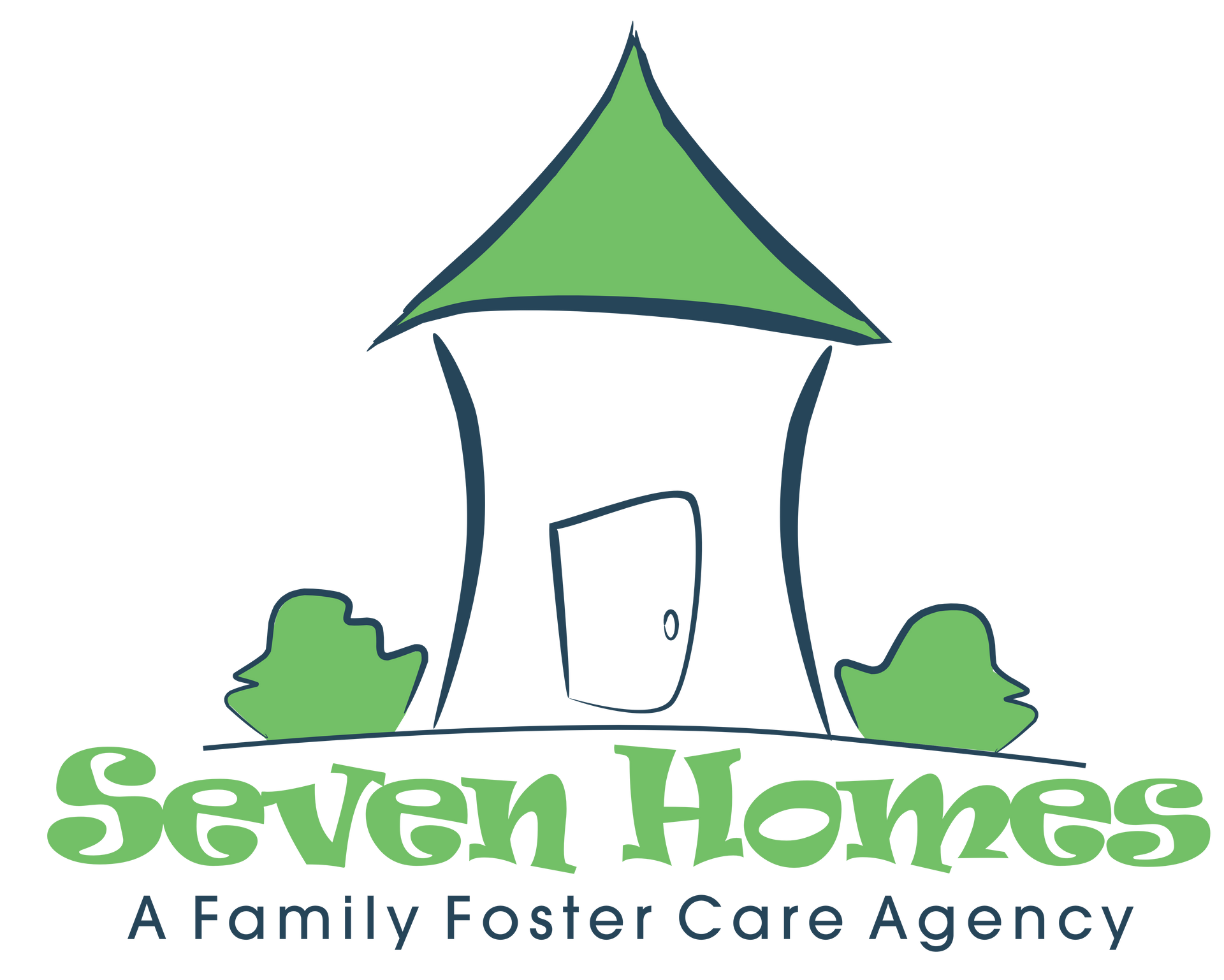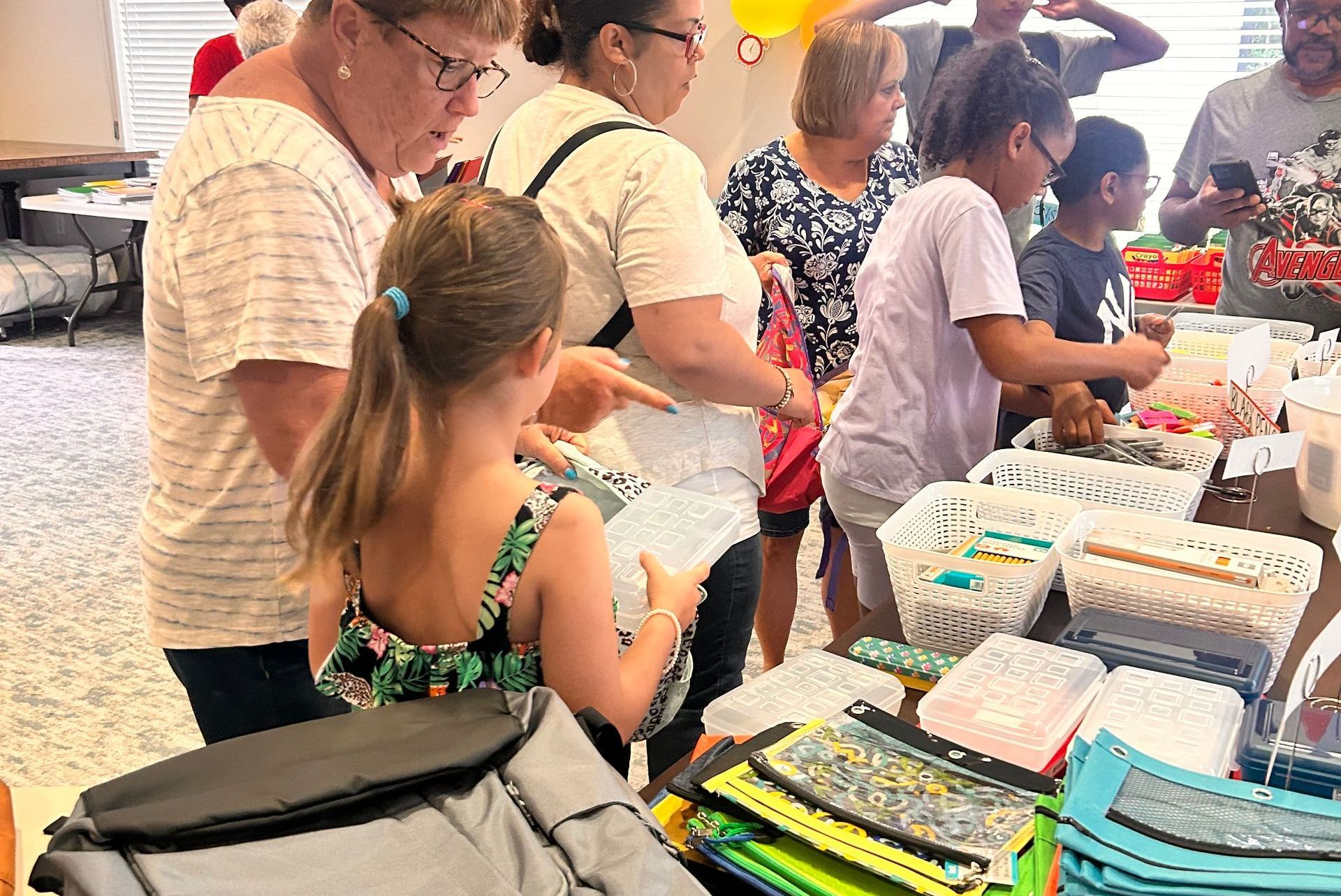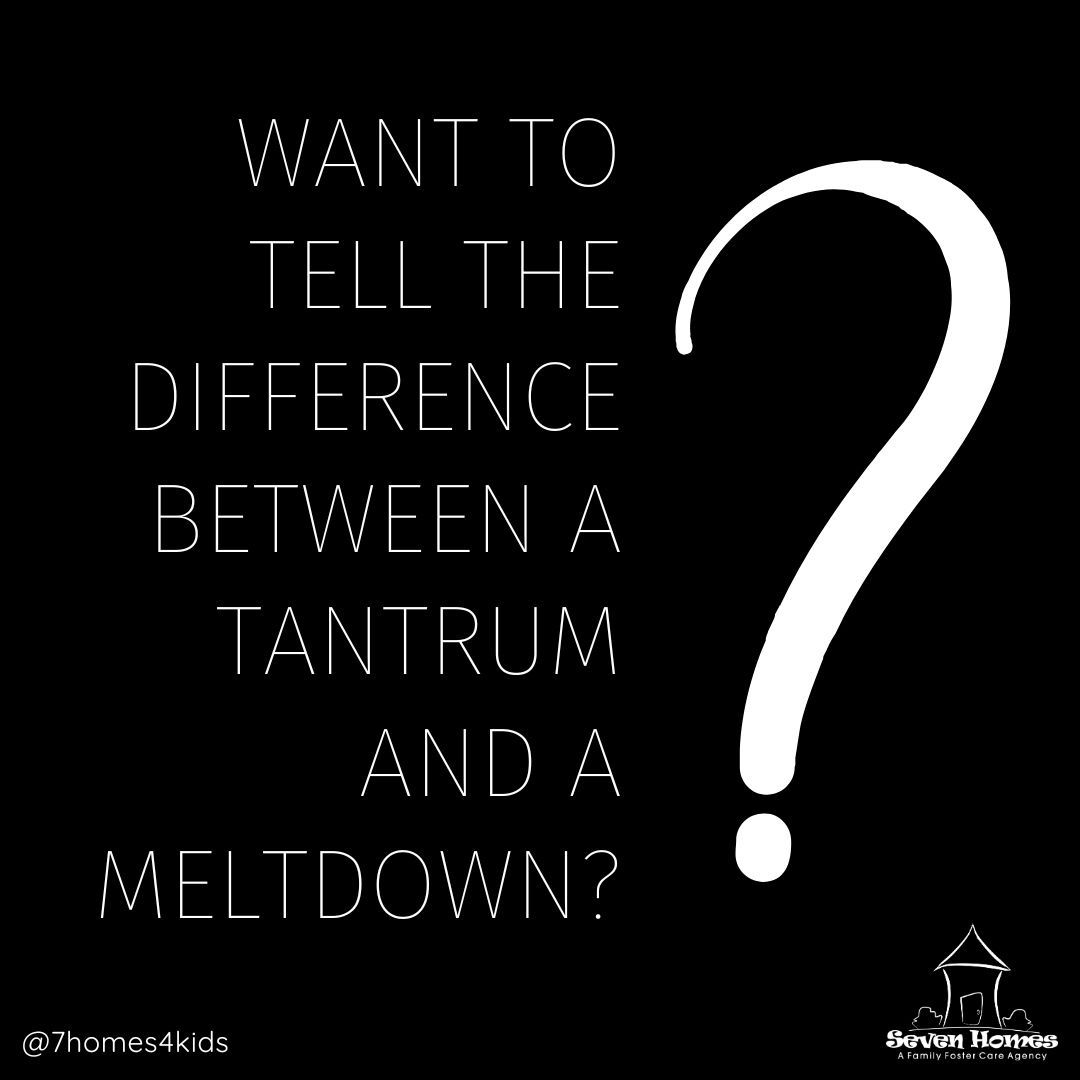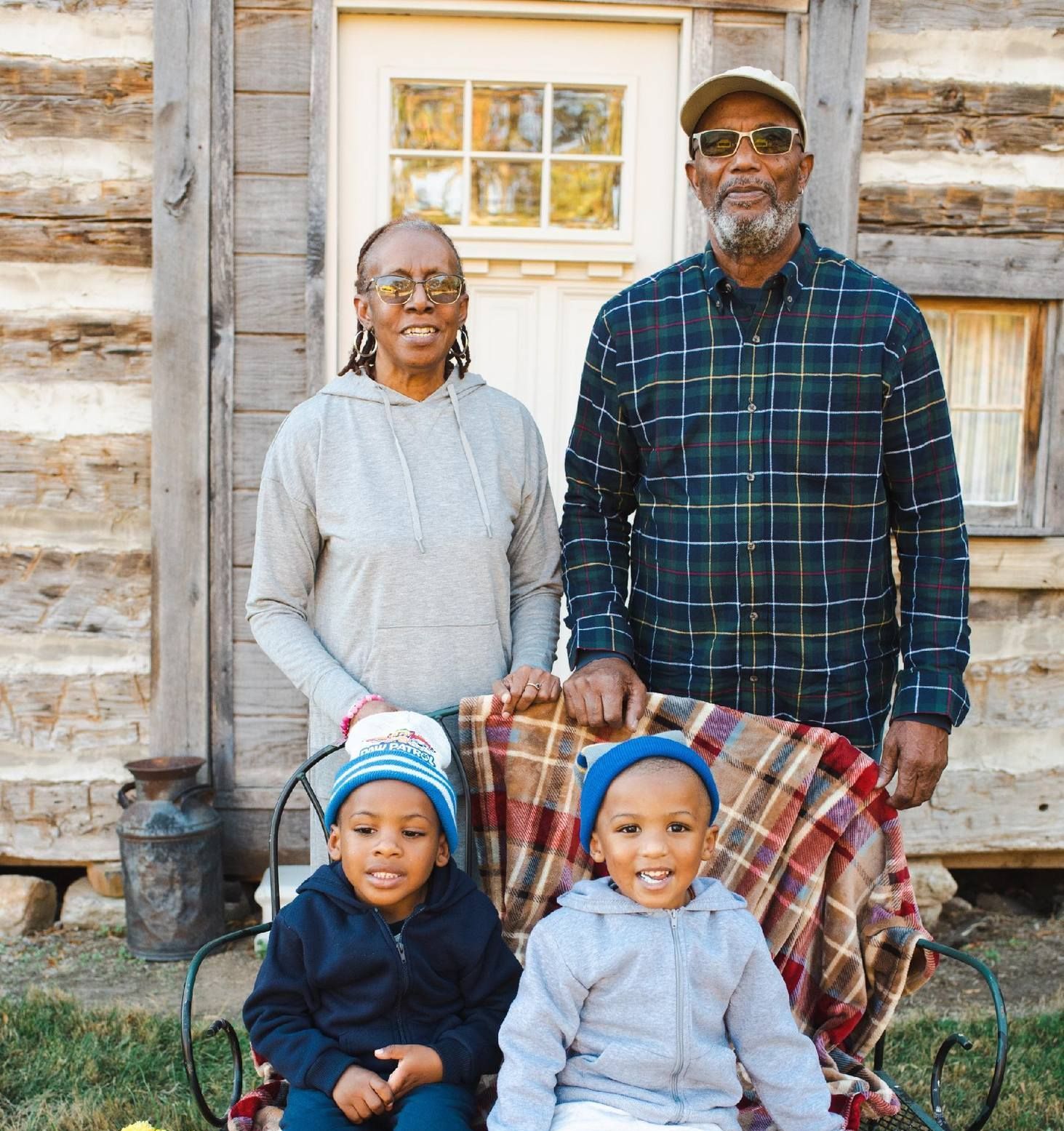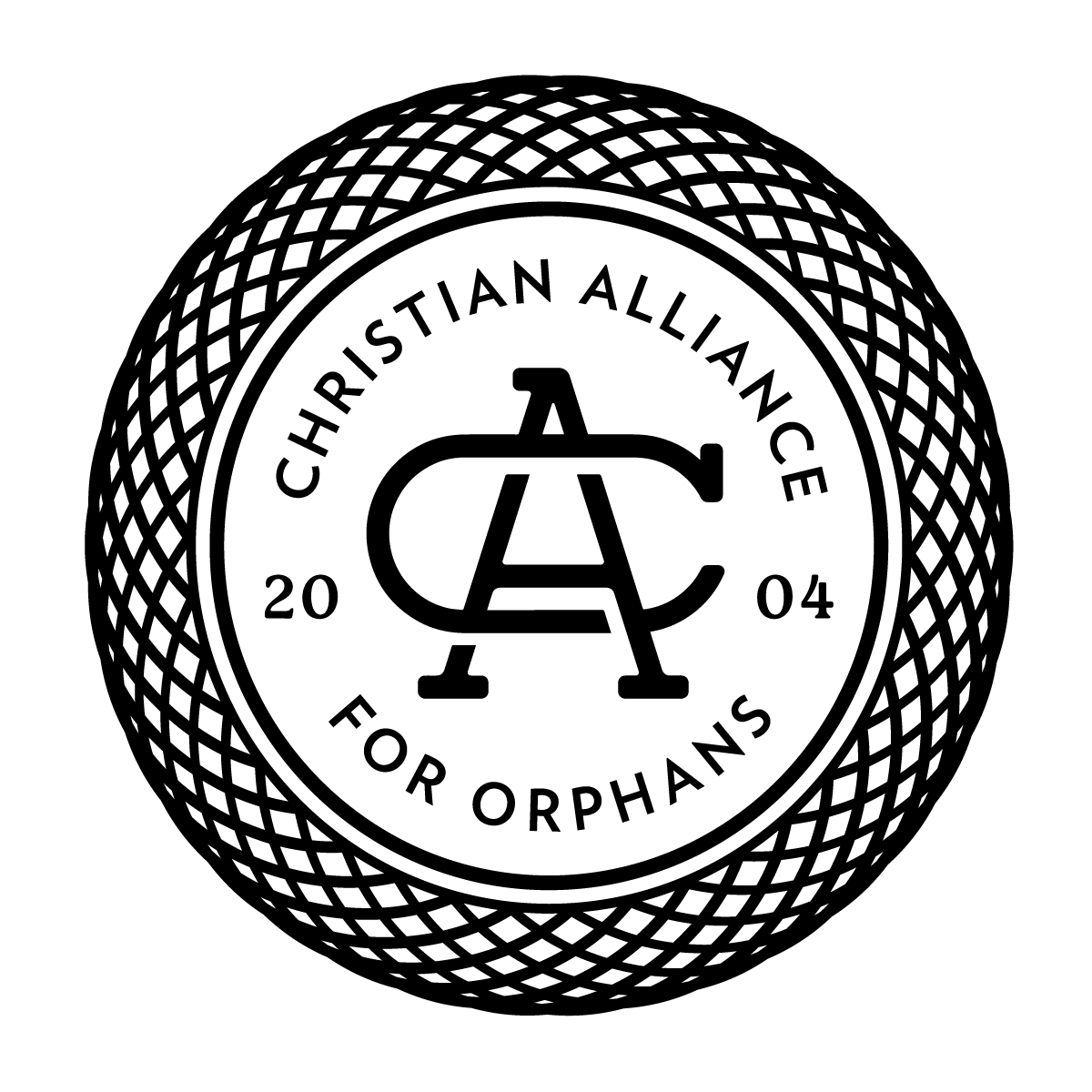What is Trust-Based Relational Intervention (TBRI)?
Kathryn Kiker • February 1, 2025
And How It Can Help You Become the Best Foster Parent!
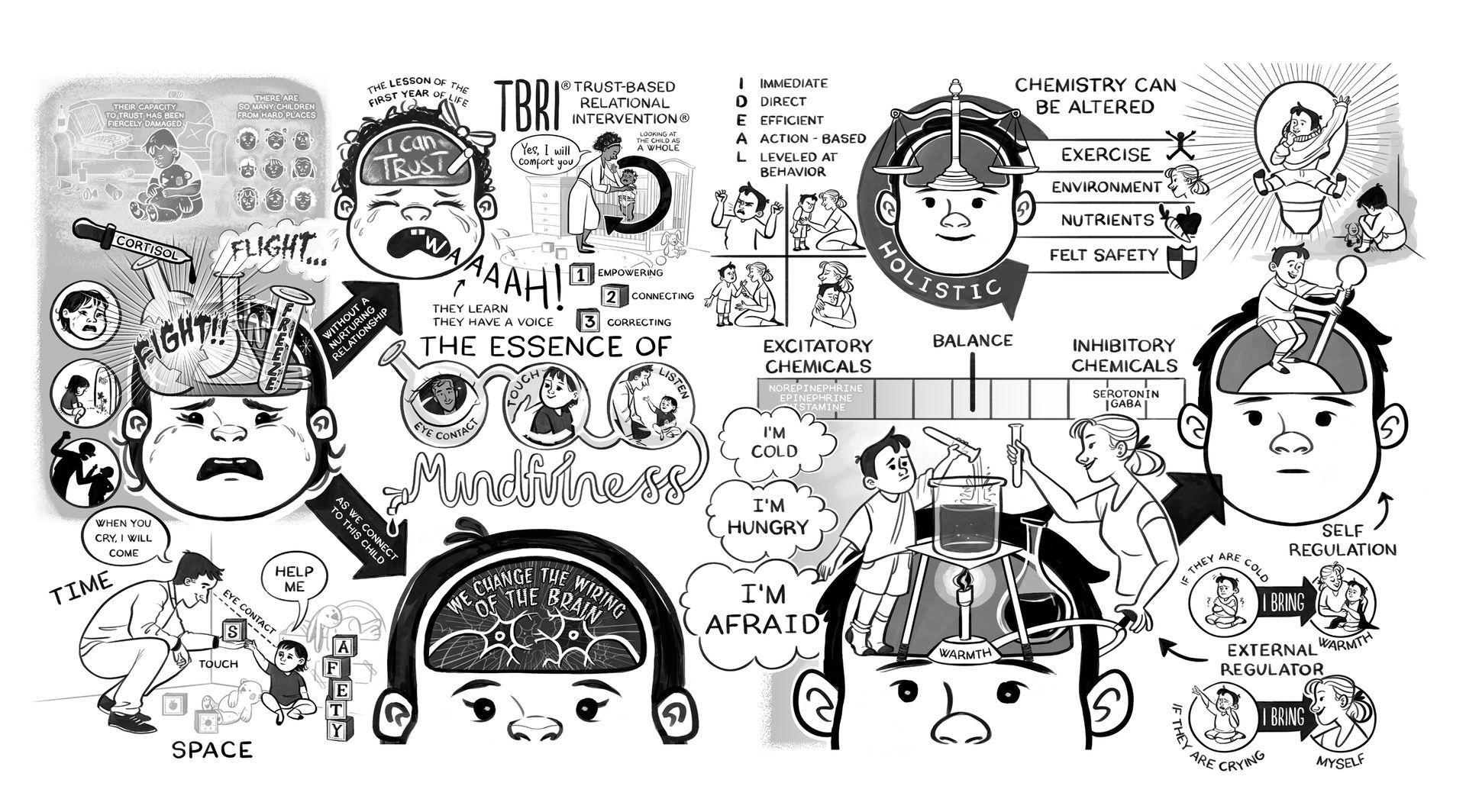
If you’ve ever wondered how you can make a lasting, positive difference in a child's life, you’re in the right place. Being a foster parent isn’t just about providing a roof over a child’s head—it’s about creating a safe, loving environment where they can heal, grow, and thrive. And that’s where Trust-Based Relational Intervention (TBRI) comes in.
TBRI is an amazing tool that’s helping foster parents (just like you!) build strong, trusting relationships with kids who need it most. It’s all about meeting a child’s emotional, physical, and psychological needs in a way that’s fun, gentle, and incredibly impactful. Whether you’re new to fostering or you're already a pro, this approach can take your relationship with your foster child to the next level.
And here’s the best part: we weave TBRI into all of our training programs! All our staff are trained TBRI caregivers, and we have five certified TBRI practitioners on hand to ensure you have all the tools you need to succeed as a foster parent. So, when you partner with us, you’re not just learning about TBRI—you’re getting expert guidance every step of the way.
Ready to discover how TBRI can make your foster parenting journey even more rewarding? Let’s dive in!
What is Trust-Based Relational Intervention (TBRI)?
At its core, TBRI
is a trauma-informed intervention that helps children who’ve experienced challenges like abuse, neglect, or trauma. It’s based on building a trusting, secure relationship—which is the foundation for every meaningful connection you’ll form with the kids in your care.
Created by Dr. Karyn Purvis and Dr. David Cross at the TCU Institute of Child Development, TBRI focuses on nurturing the brain-body connection to help children feel safe, supported, and ready to engage in the world around them.
But here's the cool part—it’s not just about managing behaviors. It’s about understanding
what those behaviors really mean and finding out how you can help kids heal and thrive through connection.
The 3 Pillars of TBRI: What You Need to Know to Become the Best Foster Parent Ever
TBRI works through three powerful pillars that will guide you every step of the way in your journey as a foster parent. Ready to learn the secret sauce? Here’s how it works:
1. Connecting: This is all about creating a bond. When a child has experienced trauma, they might feel scared, alone, or uncertain. Connecting helps them know they’re safe, cared for, and that you have their back. Your goal here is to provide emotional warmth, which is often just a simple smile, a comforting word, or holding their hand when they need it.
-How you do it: Be there emotionally—let them know you're present and ready to listen. It might be a snuggle on the couch with a movie or a calming voice when they’re upset. It’s those little things that show them, “You’re important to me.”
2. Empowering: This is where you help your foster child feel like they can do this—that they’re not helpless in this world. You empower them by helping meet their physical needs (sleep, food, etc.) and teaching them self-regulation. Empowerment also means showing them they can make choices, understand their emotions, and thrive.
- How you do it: Maybe you teach them a calming technique, or encourage them to make small decisions, like choosing what to wear or what snack to have. When children feel empowered, they start to believe in their own strength—and so do you!
3. Correcting: Every parent needs to set boundaries, but TBRI teaches us how to correct behavior in a way that doesn’t break trust. This pillar is all about offering guidance and support rather than punishing. It’s about redirection, understanding, and showing kids that they can learn from their mistakes in a safe environment.
- How you do it: Rather than focusing on punishment, help them understand the why behind the rules and what the consequences of actions are. It’s about teaching, not blaming.
Why TBRI Works So Well for Foster Families
Trauma-Informed:
TBRI understands that children coming from difficult backgrounds might have a heightened response to stress, so it helps you respond with compassion rather than frustration. It’s not about managing behaviors—it’s about healing behaviors.
Attachment-Focused: Kids who’ve experienced trauma might have difficulty trusting adults, but TBRI helps you become a safe, reliable presence. Building that attachment is key for them to feel confident, secure, and open to learning.
Brain-Based: TBRI is based on the science of how the brain works. It helps you understand how trauma affects a child’s brain development and gives you the tools to support them in a way that helps their brain grow in healthy, positive ways.
Holistic: TBRI addresses a child’s full needs—emotional, physical, and psychological. It’s not just about what they do but about understanding why they do it, and giving them the tools to be their best selves.
So, Who Can Benefit from TBRI?
While TBRI is a game-changer for children with a history of trauma, it can actually help any child who might be struggling with big emotions or challenging behaviors. Whether you're a brand-new foster parent or an experienced one, TBRI can guide you toward creating stronger, healthier relationships with the kids you care for. You’ll be empowering them to believe in themselves and healing wounds that might seem invisible but run deep.
• Foster and adoptive families: If you’re already fostering or adopting, TBRI is a natural fit for helping your child thrive and build trust.
• Therapists and counselors: Professionals trained in TBRI can help children and parents work through emotional struggles.
• Teachers and educators: TBRI is also great for school settings where kids may need a little extra help with emotional regulation and social skills.
• Parents and caregivers: Whether you’re a foster parent, adoptive parent, or biological parent, TBRI is an incredible tool to build a lasting connection.
How Can You Get Started?
If you’re feeling inspired and ready to bring more love, healing, and connection into your home, consider becoming a licensed foster parent. It’s easier than you think to get started, and we’re here to support you every step of the way.
Here are some great resources to begin your journey:
• Books: Dr. Karyn Purvis’s The Connected Child is a must-read for understanding the principles of TBRI.
o Purvis, K., & Cross, D. R. (2016). The Connected Child: Bring Hope and Healing to Your Adoptive Family. McGraw-Hill Education.
• Training and Workshops: We offer TBRI training sessions for future foster parents—get in touch to see how we can help you become the best foster parent ever! Our staff are all trained TBRI caregivers, and with five TBRI practitioners on our team, you can count on getting top-notch support and guidance.
• Therapists and Support: Whether you need extra help or just want a community of other foster parents, we're ready to walk this journey with you.
________________________________________
Final Thoughts
Trust-Based Relational Intervention isn’t just about parenting—it’s about building deep, meaningful connections with kids who need your care. If you’re ready to make a real difference, become a licensed foster parent today and use TBRI to help the children in your care feel safe, loved, and empowered.
When you foster, you don’t just change a child’s life—you change your own, too.
________________________________________
References
• Purvis, K., & Cross, D. R. (2016). The Connected Child: Bring Hope and Healing to Your Adoptive Family. McGraw-Hill Education.
• Purvis, K., & Cross, D. (2013). Trust-Based Relational Intervention (TBRI): An Overview. The Karyn Purvis Institute of Child Development. Available at: www.childdevelopment.tcu.edu
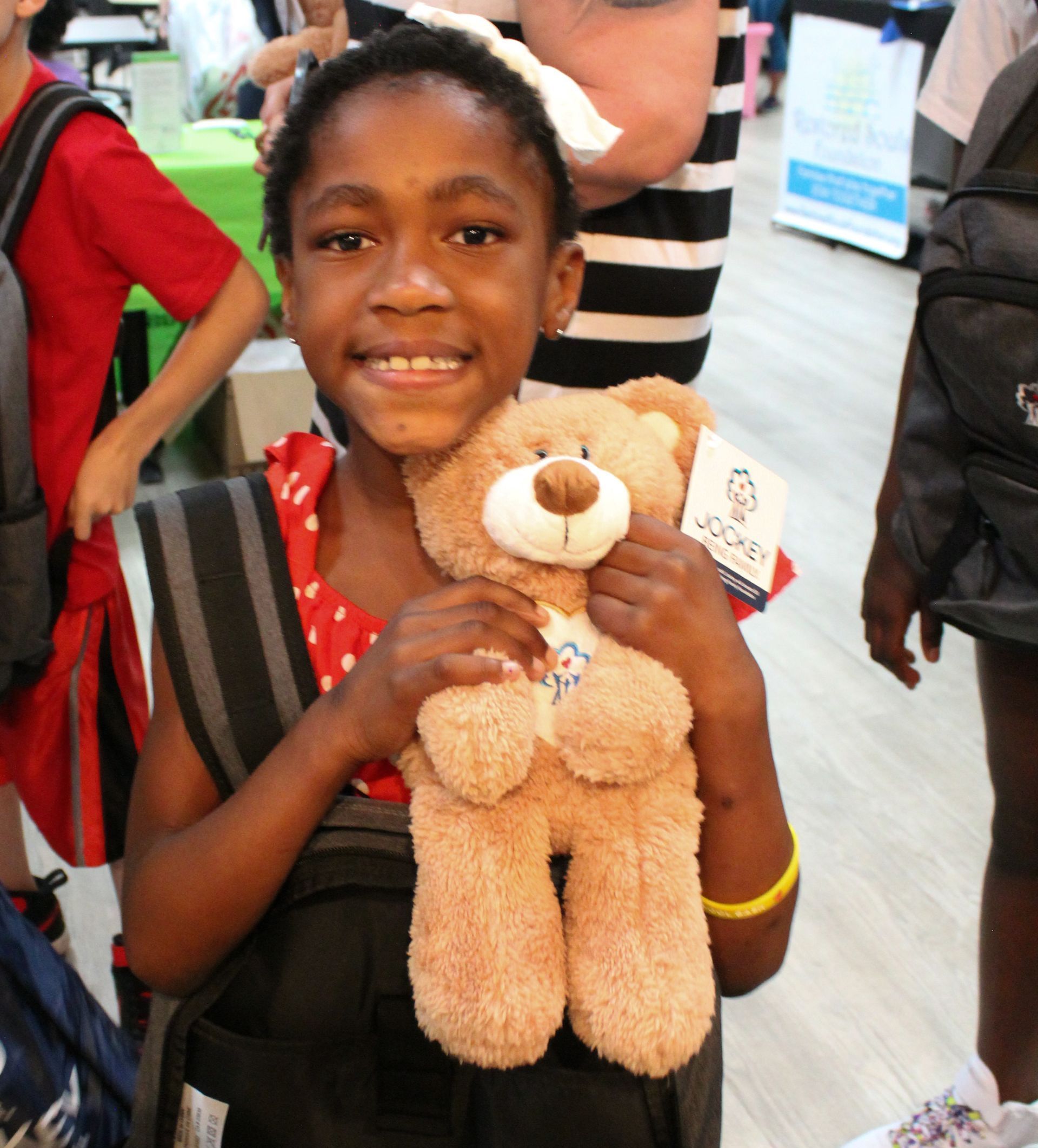
One of the ways we affirm a child’s worth from the very beginning is through our Bags for Belonging program. Every child who enters foster care through Seven Homes receives a brand-new backpack or diaper bag filled with essentials and comfort items, carefully curated with their needs and hearts in mind.

